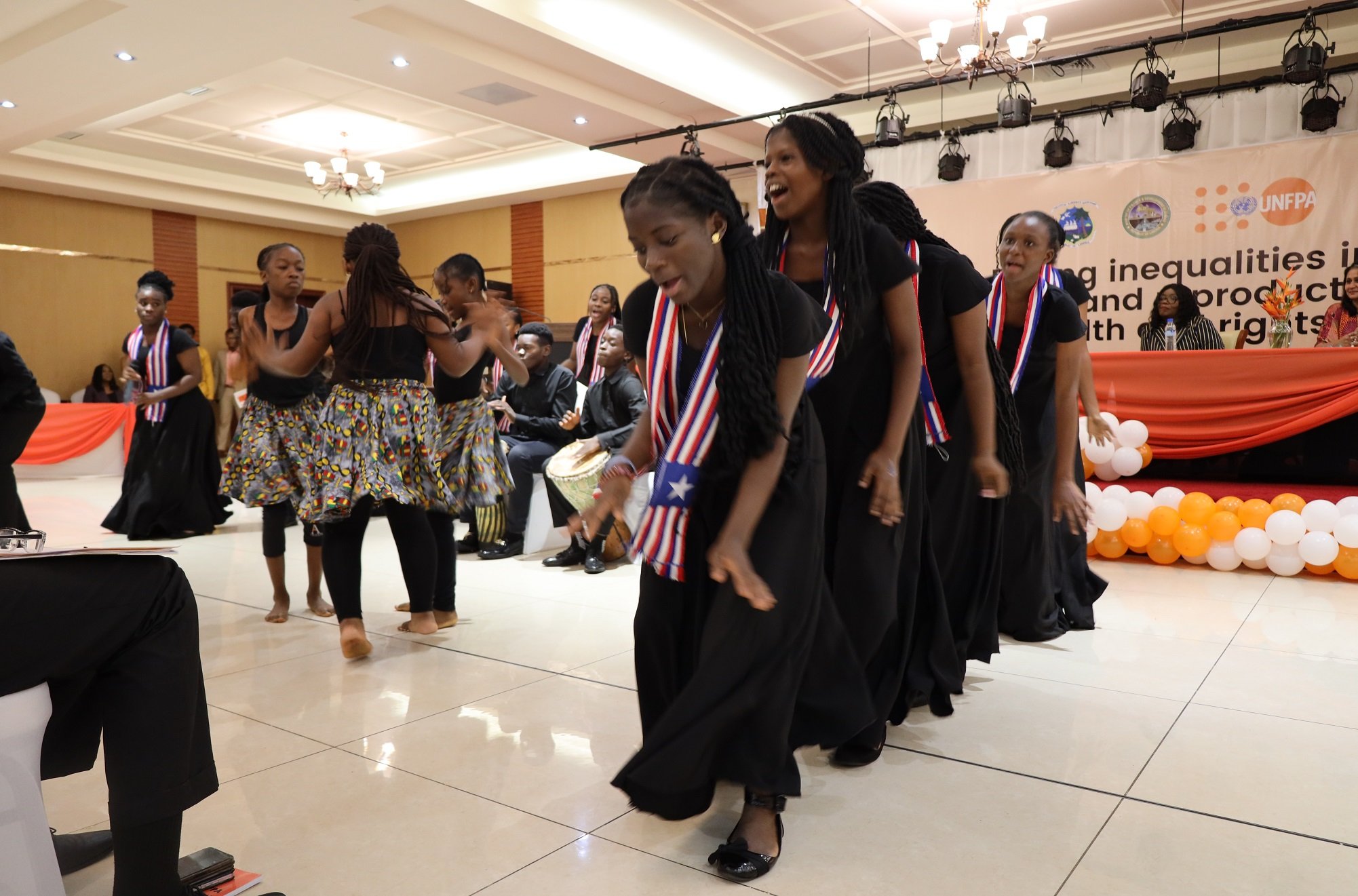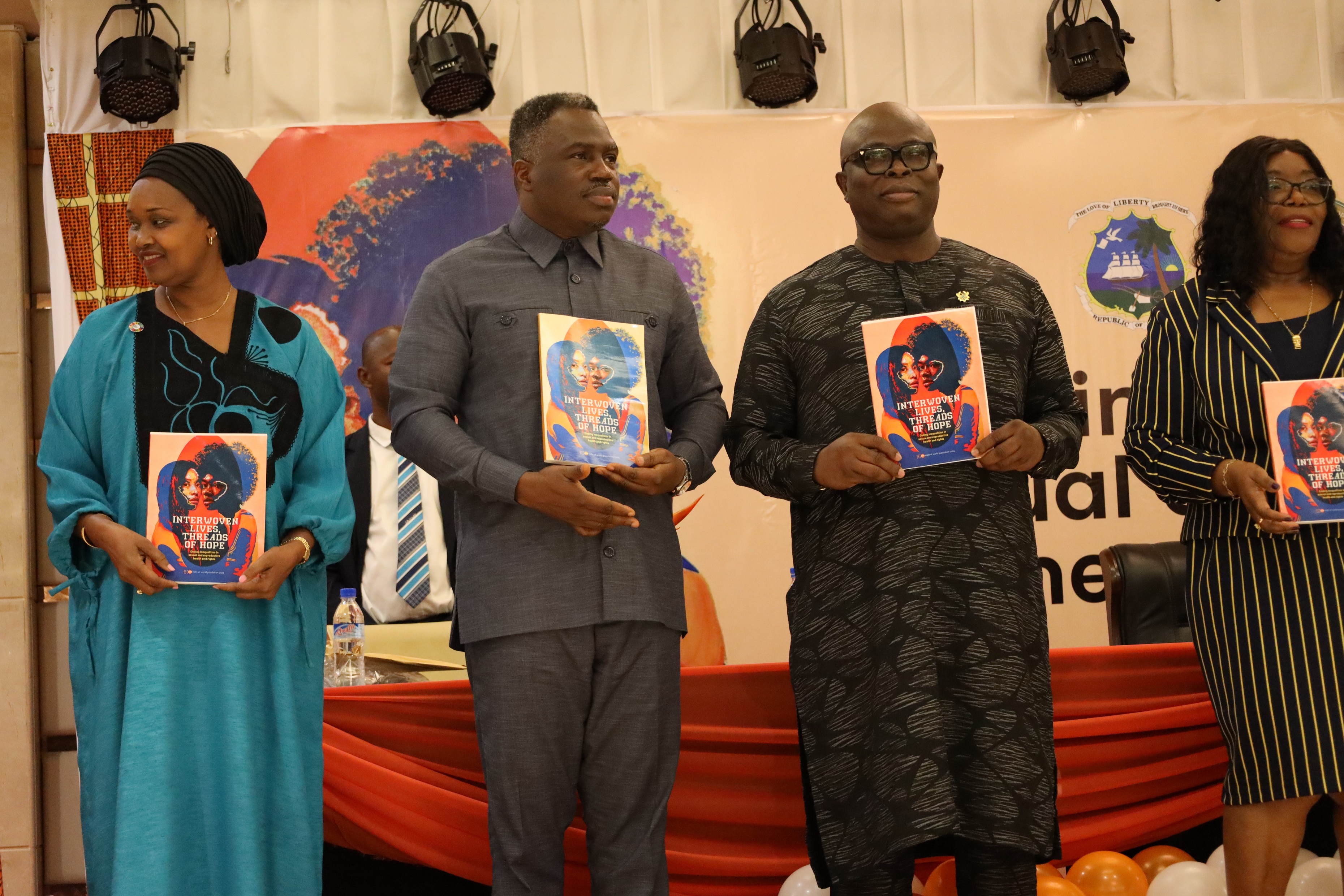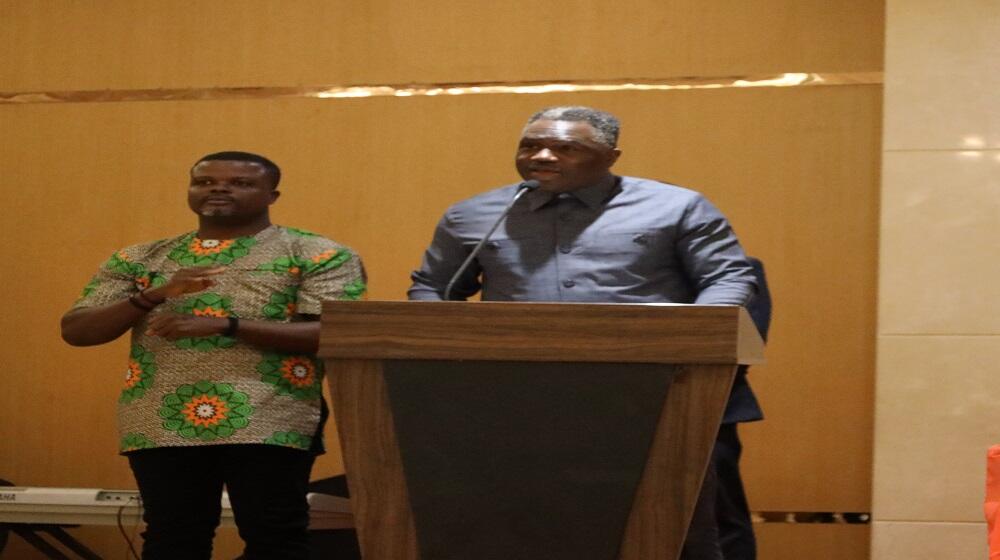MONROVIA, Liberia - Nearly half of Liberia’s population comprises women and girls, while three-quarters are young. Yet many women and young people, especially girls, lack the basic information and access to services to make informed decisions about their sexual and reproductive health and rights.
An estimated 33 percent of women who want to avoid pregnancy are not using safe and effective family planning methods. Approximately 85 percent of rape survivors in 2023 were adolescents and young children. Child marriage, Female Genital Mutilation (FGM), and sexual exploitation and abuse of children, especially the pressure from parents for girls, continue to hinder the growth and development of the girl child in Liberia. The rate of teenage pregnancies remains high, with 1 in 3 girls between ages 15 to 19 is either a mother or pregnant.
A commitment to change
To address the root causes of inequalities and provide services that empower women and girls, respond to their specific needs, and respect their rights and bodily autonomy, Liberia’s Vice President, Honorable Jeremiah Kpan Koung, has promised to advance the rights of women and girls, ensuring that they are mainstreamed in every part of the country’s development priorities.

“We are committed to ensuring that the rights of women and girls, as well as our young people, are mainstreamed across all sectors, providing a foundation for the future,” Vice President Koung said when he delivered the keynote address at this year’s World Population Day celebration organized by the Government of Liberia and the United Nations Population Fund (UNFPA) on 11 July.
“The Executive will coordinate with the Legislature to ensure that all laws and policies reflect national priorities and include the specific needs of the population, particularly women and girls, the elderly, and those with disabilities,” he added.
Hon. Koung further committed to strengthening Liberia’s national statistical capacity to undertake evidence-based population data collection, analyses, and policy studies as part of its commitments to the International Conference on Population and Development Program of Action of 1994 and the Addis Ababa Declaration on Population and Development (AADPD) of 2014.
Over the past 30 years, Liberia has conducted three demographic and health surveys, 2007, 2013, and 2019- 20, and two censuses in 2008 and 2022, respectively. In addition, regular surveys, civil registration, administrative records, and other studies have been conducted to generate social, economic, and environmental data. However, policymakers need to match the level of data generation with usage in development planning.
In an apparent response to this gap, Liberia’s Vice President, who also launched the State of World Population Report 2024, said: " As we implement this ARREST agenda, Liberia’s next five-year development agenda,’ we are committed to using evidence-based data, so people are at the heart of the planning and priorities.”

copies of SWOP 2024. ©UNFPA Liberia
Hon. Koung’s commitment to advance the development of women and girls aligned with the UNFPA flagship State of the World Population Report released in April this year under the theme: Interwoven Lives, Threads of Hope: Ending inequalities in sexual and reproductive health and rights. Among other things, the report highlights that “people continue to be left behind. Differences in power and opportunity related to gender, race, and nationality, among many other factors, still largely constrain people’s choices in life. In a world of enormous wealth, and proven solutions in sexual and reproductive health care, such disparity suggests a shortfall in will and not a lack of ideas or resources.


